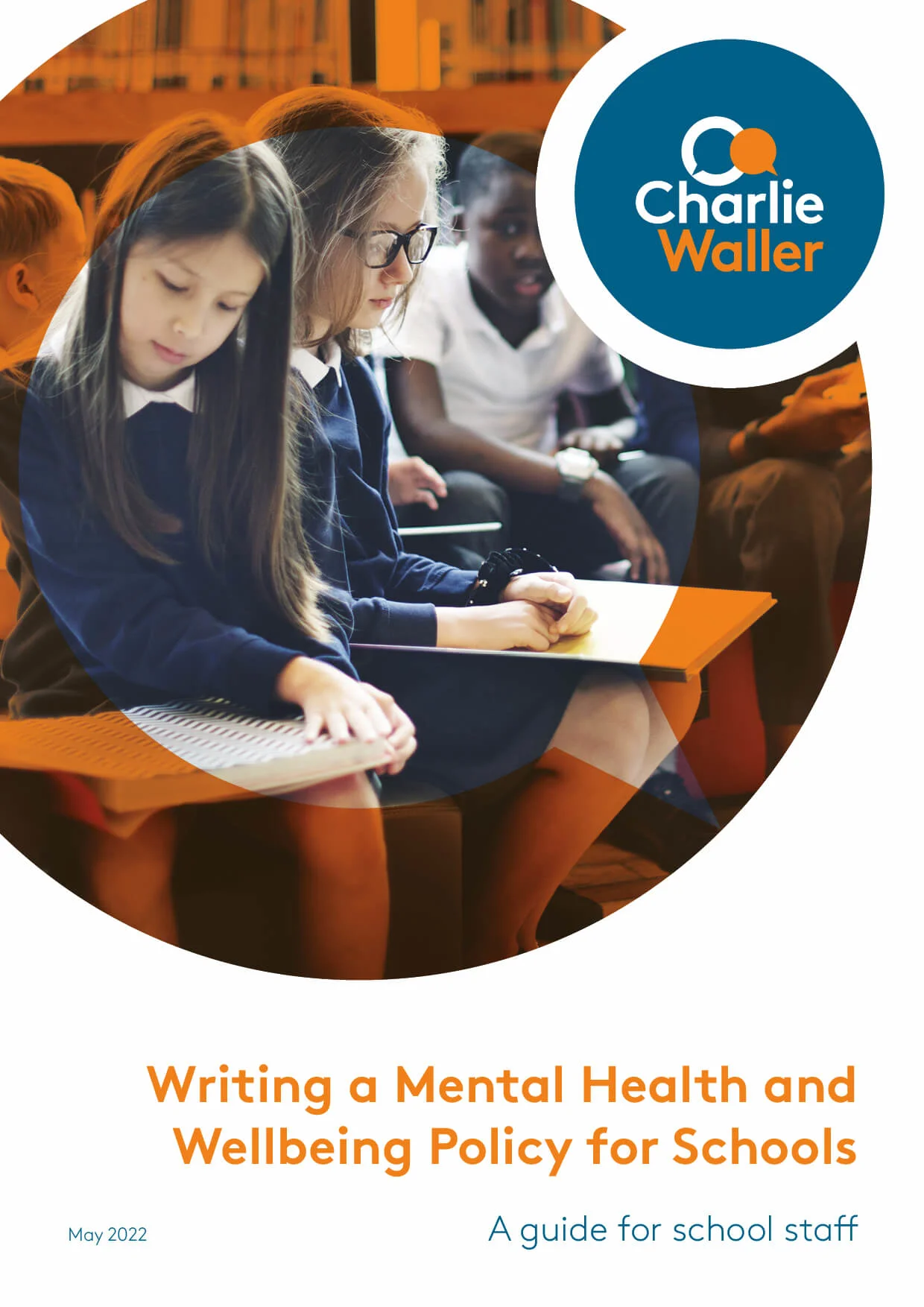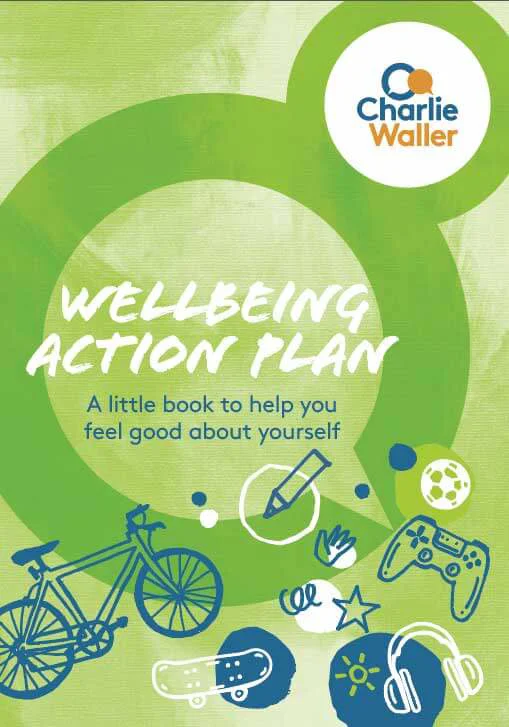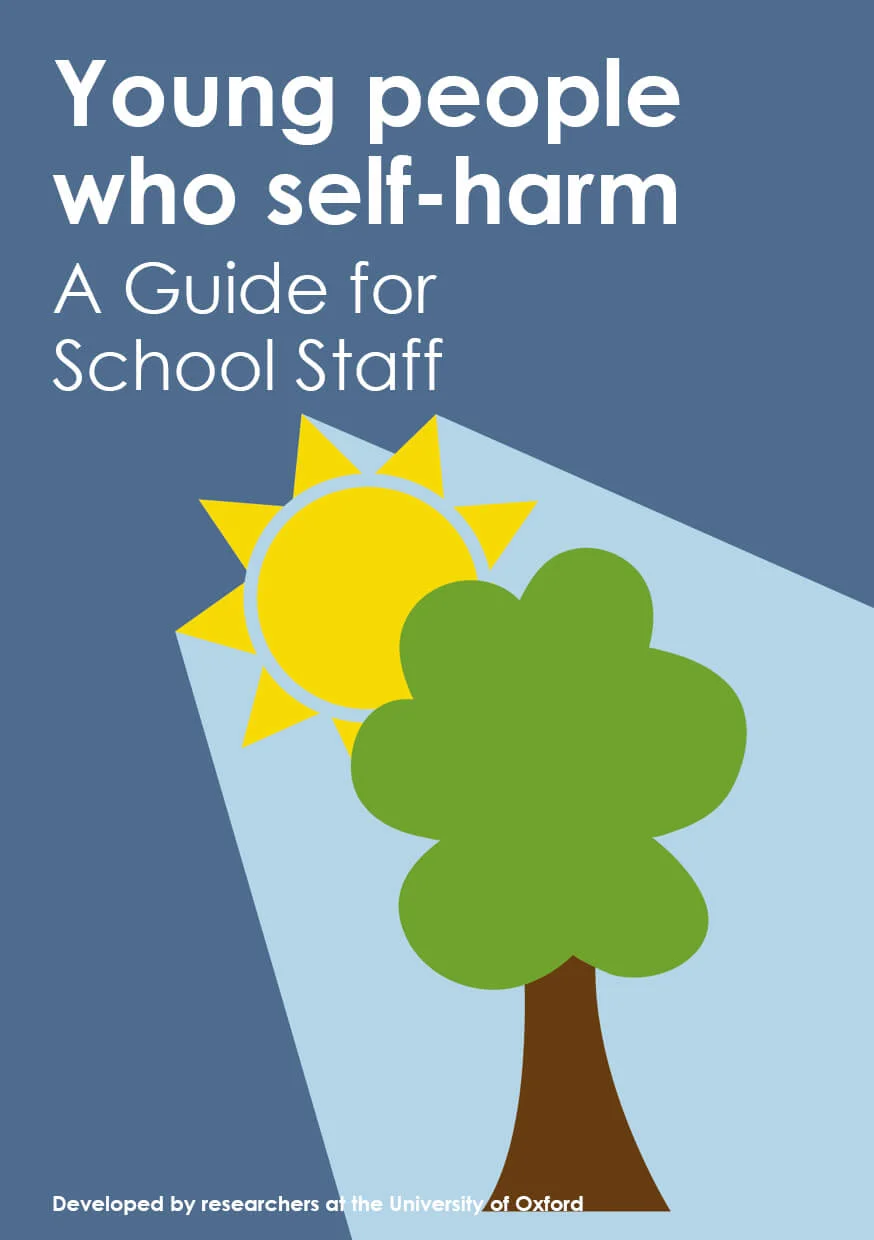For schools
For schools
Our highly regarded schools programme provides evidence-based advice, training and support around mental health and wellbeing for pupils, staff, parents and the wider school community. Our work informs, motivates, builds confidence and offers practical ideas and tools for schools that will deliver tangible change. We offer a holistic ‘whole child’ and ‘whole school’ approach to help create an embedded culture of positive mental health and wellbeing, and we offer measurement tools for schools to show the impact of their activities. Find out more about how we can help your school bring about sustained change and lasting improvement.
Mental health training for schools
Our programme for schools provides evidence-based presentations and training sessions that motivate, build confidence, inform and offer practical ideas and tools that can easily be put into practice.
Training for schools

Mental health book club for schools
Our book club is for staff working with children and young people or parents who are keen to discover new resources or build on their knowledge and skills about emotional wellbeing and mental health.
Charlie Waller Trust Book ClubMental health resources for schools
Here are some of our most popular resources:

Schools Mental Health Policy Template
A practical toolkit to help schools create a mental health policy. The resource includes guidance, a customisable template, and valuable resources to help staff spot the warning signs of mental ill health, support students in need of help and follow appropriate referral pathways and procedures.

Wellbeing Action Plan for Children
Our Wellbeing Action Plan for children helps children identify their own challenges and what helps them. Designed for teachers of Key Stage 2 and 3, and to be personalised to enable children to build their own wellbeing toolkit.

Young people who self harm: a guide for school staff
This guide helps school staff who may come into contact with students who have self-harmed or are at risk of self-harm. It includes information about self-harm and some practical ways for staff to support students.